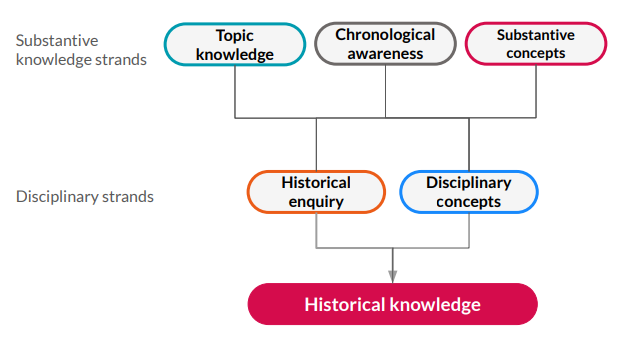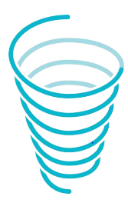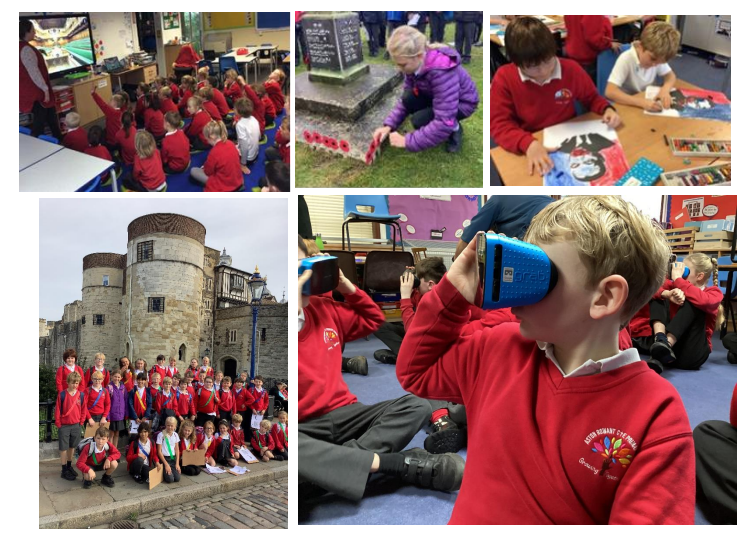History
Intent, Implementation and Impact Statement
Intent
Aston Rowant’s history curriculum aims to inspire pupils to be curious and creative thinkers who develop a complex knowledge of local and national history and the history of the wider world. We want pupils to develop the confidence to think critically, ask questions, and be able to explain and analyse historical evidence. Through our scheme of work, we aim to build an awareness of significant events and individuals in global, British and local history and recognise how things have changed over time. History will support children to appreciate the complexity of people’s lives, the diversity of societies and the relationships between different groups. Studying History allows children to appreciate the many reasons why people may behave in the way they do, supporting children to develop empathy for others while providing an opportunity to learn from humankind's past mistakes. Our curriculum aims to support pupils in building their understanding of chronology, making connections over periods of time and developing a chronologically secure knowledge of History. We hope to develop pupils’ understanding of how historians study the past and construct accounts and the skills to carry out their own historical enquiries. In order to prepare pupils for their future learning in History, our curriculum aims to introduce them to key substantive concepts including power, invasion, settlement and migration, empire, civilisation, religion, trade, achievements of humankind, society and culture.
Implementation
In order to meet the aims of the National curriculum for History and in response to the Ofsted Research review into History, we have identified the following key strands:

At Aston Rowant School our curriculum emphasises the importance of historical knowledge being shaped by disciplinary approaches, as shown in the diagram above. These strands are interwoven through all our history units in order to create engaging and enriching learning experiences which allow the children to investigate history as historians do. In EYFS, children explore the concept of history by reflecting on key experiences from their own past, helping them understand that they each have their own histories. Then, they engage in activities to compare and contrast characters from stories, including historical figures, deepening their understanding of how individual lives fit into broader historical narratives. Children will further develop their awareness of the past in Key stage 1 and will know where people and events fit chronologically. This will support children in building a ‘mental timeline’ they can refer to throughout their learning in Key stage 2 and identifying connections, contrasts and trends over time. Over the course of the curriculum, children develop their understanding of the following key disciplinary concepts:
- Change and continuity
- Cause and consequence
- Similarities and differences
- Historical significance
- Historical interpretations
- Sources of evidence
These concepts will be encountered in different contexts during the study of local, British and world history. Accordingly, children will have varied opportunities to learn how historians use these skills to analyse the past and make judgements. Our spiral curriculum model ensures previous skills and knowledge are returned to and built upon. For example, children progress by developing their knowledge and understanding of substantive and disciplinary concepts by experiencing them in a range of historical contexts and periods. They will confidently develop and use their own historical skill set


IMPACT
The impact and measure of our history curriculum is to ensure that children at Aston Rowant are equipped with the historical skills and knowledge that will enable them to be ready for the curriculum at Key Stage 3 and for life as an adult in the wider world. We want the children to have thoroughly enjoyed learning about history, encouraging them to undertake new life experiences now and in the future. They will be enquiring learners who ask questions and can make suggestions about where to find the evidence to answer the question. They will be critical and analytical thinkers who are able to make informed and balanced judgements based on their knowledge of the past.

